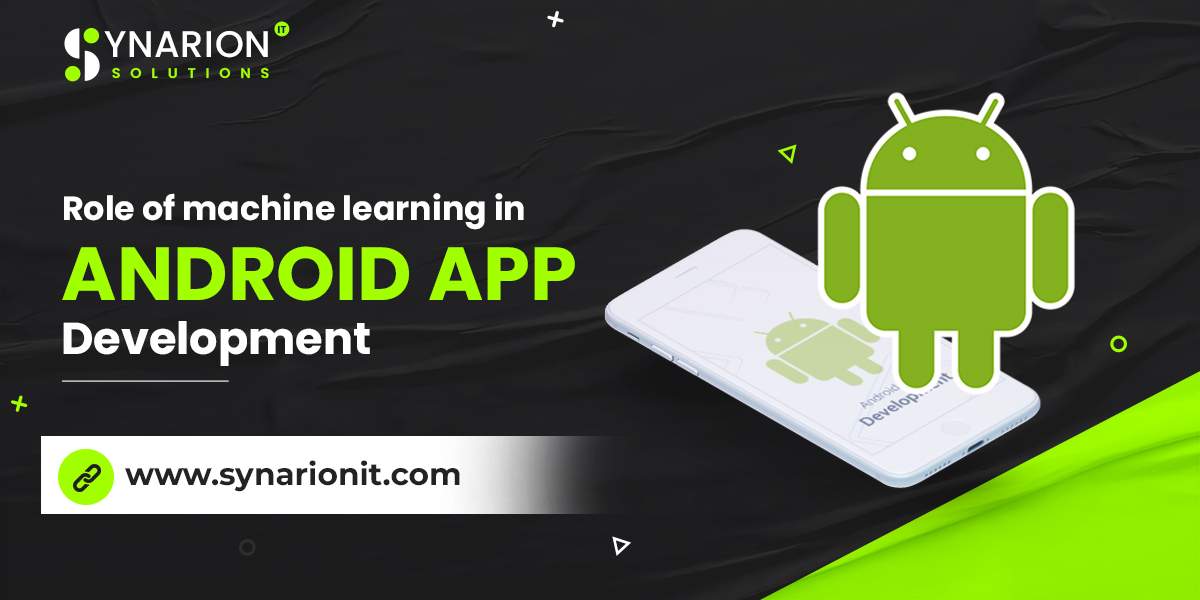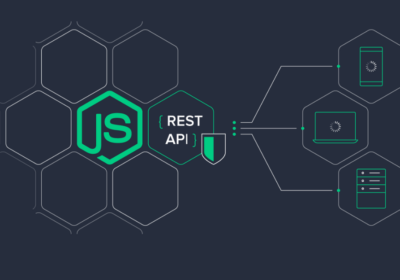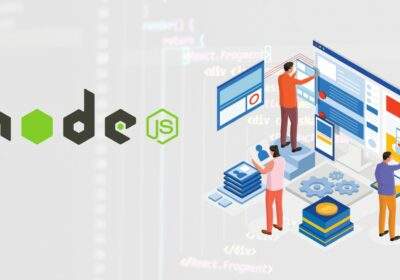
Role of Machine Learning in Android App Development
In today’s digital age, the world of Android app development is constantly evolving, pushing boundaries, and seeking innovative solutions to enhance user experiences. One of the most transformative technologies that have played a pivotal role in this evolution is machine learning (ML). In this article, we’ll explore the profound impact of machine learning in Android app development and how it is revolutionizing the industry.
Understanding Machine Learning
Before diving into the role of ML in Android app development, let’s briefly understand what machine learning is. Machine learning is a subset of artificial intelligence (AI) that empowers systems and applications to learn from data and improve their performance over time without being explicitly programmed. In Android app development, ML enables apps to make intelligent decisions, recognize patterns, and provide personalized experiences to users.
Personalized User Experiences
Machine learning algorithms are adept at analyzing user data, preferences, and behavior. Android apps leverage this capability to provide highly personalized experiences. For example, e-commerce apps can recommend products based on a user’s previous purchases, while news apps can curate content based on reading history. This personalization enhances user engagement and satisfaction.
Predictive Analytics
ML models can predict user actions and preferences, allowing Android apps to be proactive. Weather apps, for instance, use ML to provide real-time weather forecasts based on location and historical weather data. Fitness apps can predict workout goals, and even social media apps can predict which content users are likely to engage with.
Natural Language Processing (NLP)
NLP is a subfield of ML that focuses on the interaction between computers and human language. Android apps use NLP to implement features like speech recognition, language translation, and sentiment analysis. Virtual assistants like Google Assistant and chatbots in customer service apps are prime examples of NLP integration.
Image and Video Recognition
ML models for image and video recognition have opened up numerous possibilities for Android app developers. Social media platforms use ML to recognize and tag friends in photos, while security apps use facial recognition to unlock devices. Furthermore, ML can analyze images and videos for content moderation, making apps safer for users.
Enhanced Security
Machine learning plays a significant role in bolstering security in Android apps. ML algorithms can detect and prevent fraudulent activities such as payment fraud, account breaches, and identity theft. Security apps can also use ML to identify unusual user behavior, flagging potentially malicious activities.
App Performance Optimization
ML-driven performance optimization is a boon for Android app developers. Apps can adapt to a user’s device, network conditions, and usage patterns. For instance, an e-learning app can adjust video quality based on available bandwidth, ensuring a seamless learning experience.
App Testing and Quality Assurance
Testing is a crucial phase in Android app development. ML-based testing tools can automate testing processes, reducing human errors and enhancing test coverage. This leads to higher app quality, fewer bugs, and faster development cycles.
Customer Support and Chatbots
Android apps can leverage ML-powered chatbots for customer support. These chatbots can handle routine inquiries, provide information, and even assist users in troubleshooting issues, improving user satisfaction and reducing support costs.
social media and User Engagement
ML algorithms analyze user behavior on social media platforms and apps, helping developers understand user preferences and trends. This information can be used to tailor content, drive user engagement, and optimize marketing efforts.
Recommendation Systems
Recommendation systems powered by ML are prevalent in Android apps. Streaming platforms like Netflix and Spotify use ML to suggest content based on a user’s viewing or listening history. E-commerce apps use similar techniques to recommend products.
Language Translation and Localization
For global reach, Android apps often need to support multiple languages and regions. ML-based translation services can automatically translate content, making it easier for developers to expand their user base globally.
Data Analysis and Insights
ML-driven analytics tools help Android app developers gain insights into user behavior, app performance, and business metrics. These insights can guide decision-making and the refinement of app features.
The Role of Android App Development Companies
Android app development companies play a pivotal role in harnessing the potential of machine learning for app development. These companies have access to the expertise, resources, and tools required to integrate ML seamlessly into Android apps. By partnering with a reliable Android app development company, businesses can leverage the power of ML to create innovative and user-centric apps.
In conclusion, machine learning has significantly transformed the landscape of Android app development. It empowers developers to create intelligent, personalized, and proactive applications that cater to the evolving needs and expectations of users. As technology continues to advance, the integration of machine learning in Android app development will only become more prevalent, enhancing user experiences and driving innovation in the industry.
If you’re considering developing an Android app with machine learning capabilities, partnering with an experienced Android app development company is a strategic move to ensure success in this dynamic and competitive field.
















